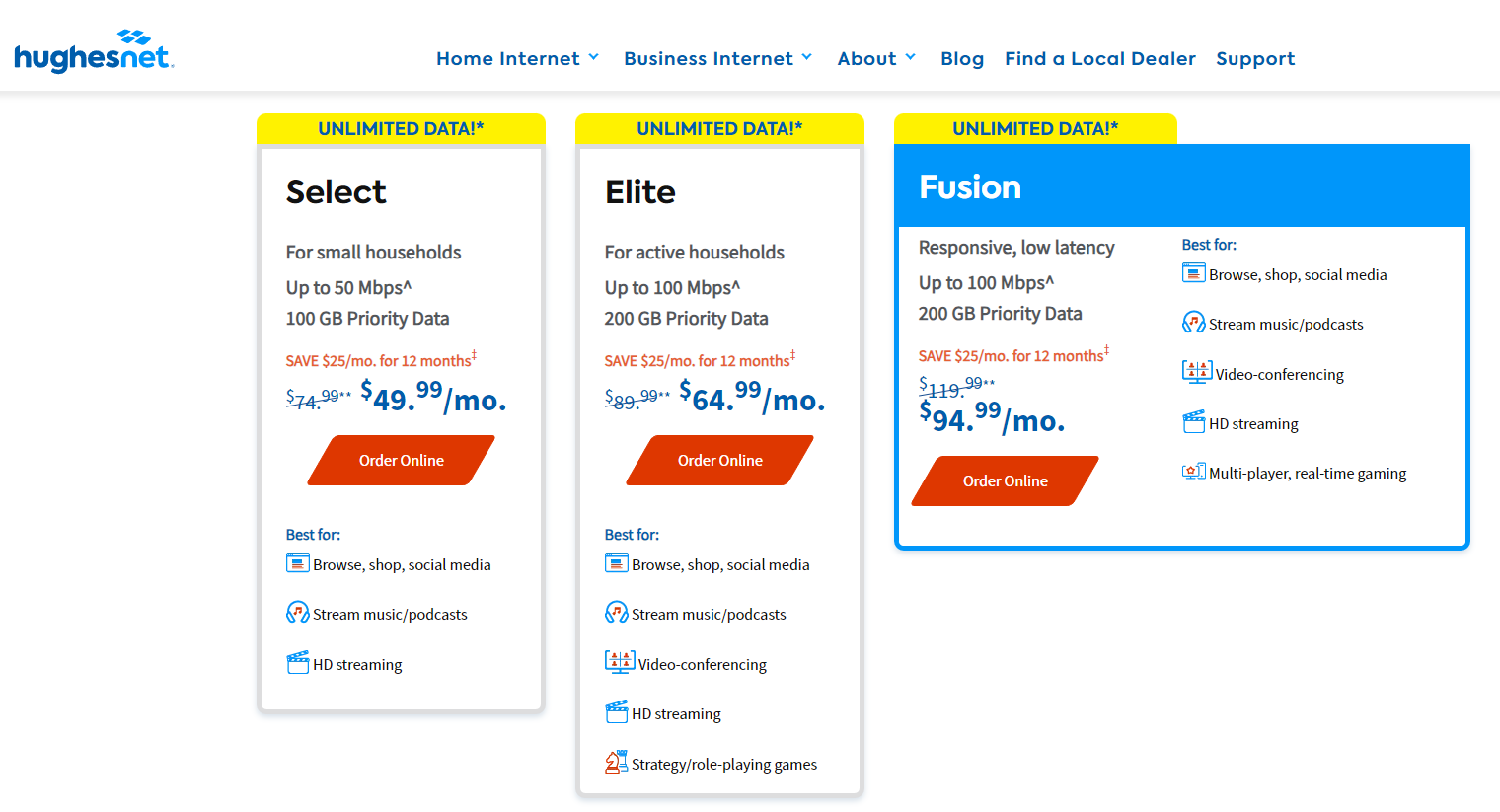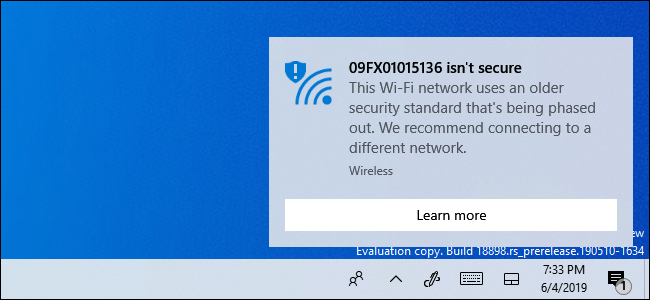Switching your ISP can be costly and inconvenient, but sometimes it becomes necessary. If your internet service provider struggles to meet your demands, and you frequently experience slow speeds, it may be time to consider a change. Here are some key signs to help you decide if it’s time to switch.
1 Your Internet Is Slower Than a Tortoise
If you frequently experience unbearably slow internet speeds that hinder your daily workflow and productivity, this is a strong indication that your ISP may not be meeting your needs. While occasional slowdowns are common across providers, consistent buffering, lag during video calls, or prolonged load times signal a need for change.
Likewise, if you get significantly slower internet speeds than you pay for, it’s a clear sign that your ISP may no longer be dependable. You can document the speed you receive by conducting multiple speed tests and include the results with your complaint. If slow speeds persist despite your complaints, explore more reliable alternatives.
2 Frequent, Unexplained Outages
If you generally get decent internet speeds but frequently experience unexpected outages without any notice or explanation from your provider—and these disruptions interfere with your work or communication—that’s a solid reason to consider switching. Occasional maintenance or downtime is normal, but outages shouldn’t be frequent or prolonged.
When exploring new providers, ask current users how often service interruptions occur for maintenance and whether the provider gives advance notice.
3 Customer Support Is Nonexistent
A reliable internet service provider prioritizes customer care and offers prompt assistance to resolve issues and answer questions. If you find yourself repeatedly waiting on hold or dealing with unhelpful or rude representatives, you’re likely not being valued as a customer. While occasional poor experiences happen, consistent poor service is a red flag.
To avoid wasting more time, switch to a provider that genuinely values its customers. Ask friends or neighbors about their experiences with their ISPs to find a better option.
4 Prices Are Higher Than Competitors
If your Internet Service Provider delivers decent speeds, reliable service, and solid customer support but charges significantly more than other providers for similar plans, it may be worth considering a switch to a different provider. If the speed is slightly better but the premium cost doesn’t seem justified, switching to a better ISP in your area could be a wise choice.
Review plans other ISPs offer and ask current users about their experiences. If you can get comparable service for less, switching providers could save you money on monthly bills.
5 They’re Using Outdated Technology
If your Internet Service Provider doesn’t invest in upgrading its infrastructure and still relies on outdated DSL or low-bandwidth cables, you won’t get a consistently reliable connection. Even if your ISP meets your current needs, you may soon need to switch to a provider with higher bandwidth for smooth HD streaming, gaming, or smart home connectivity.
So, consider looking for a provider that has already adopted fiber-optic technology and continues to upgrade, ensuring you have a future-ready, efficient connection.
6 Your ISP Throttles Your Connection
If your internet speed drops noticeably when streaming, gaming, or downloading large files, your ISP could be throttling your connection. Throttling is when ISPs deliberately slow your speed for specific activities, particularly during peak times. A telltale sign is that you get inconsistent performance for tasks requiring high bandwidth.
To further validate your concerns, you can conduct a speed test to check the ping, download, and upload speeds. Then, enable a VPN and rerun the test to see if the performance improves. While a VPN can help circumvent throttling, the best solution is to switch to an ISP that provides consistent speeds, has no data caps, and maintains transparent policies.
7 Limited Plans That Don’t Meet Your Needs
If your bandwidth needs have increased and your ISP only offers limited plans, it might be time to find another provider to meet your requirements. Likewise, consider exploring other options if your ISP’s plans lack flexibility—forcing you to pay a premium for more speed than you need or a lower price for insufficient speed.
Look for ISPs in your area that provide better plans with higher data allowances. This way, you can get the speed and data you need without overpaying.
8 Hidden Fees and Unexpected Charges
If your ISP regularly adds hidden fees or unexpected charges to your bill, it might be time to consider a change. Occasional charges for infrastructure upgrades or significant maintenance can be reasonable if communicated clearly, but frequent surprises with hidden charges can make your plan far more costly than expected.
To avoid these ongoing extra expenses and stay within budget, look for a provider with transparent pricing and straightforward plans—one that doesn’t surprise each month.
9 Weak Security and Privacy Protections
A reliable Internet Service Provider prioritizes user privacy and security. If your ISP doesn’t invest in protecting users from cyber threats—and you or others using the same ISP have encountered hacking attempts, data breaches, insecure network errors, or other online risks during use—you can’t rely on them, and it might be time to switch.
Likewise, if your ISP is notorious for selling user data to third parties or has an unclear privacy policy, you can’t be sure what information they’re collecting and sharing. For peace of mind, consider switching to a provider with a solid commitment to security and a transparent privacy policy and keep using the internet with peace of mind.
10 Declining Reputation
The reputation of your ISP can also be a significant factor in deciding whether to make a switch. If you frequently hear complaints about their service quality, privacy violations, and other issues mentioned earlier from other users, it’s worth exploring alternative options. Look for feedback on third-party forums to see if they have received low ratings or negative reviews.
A declining reputation indicates that your ISP lacks the resources or motivation to address customer concerns. So, switch to a provider with a solid track record and a commitment to customer satisfaction.
These are the indicators that suggest you should switch to a different internet service provider. If you’ve noticed any of these issues recently, report them and see if your ISP addresses them. If your complaints go unanswered, and you’ve been experiencing several of these signs for an extended period, making the switch will improve your internet experience.
Before making a switch, thoroughly research the new ISP you’re considering. Otherwise, you may face the same issues and may have to switch again and incur more expenses.







